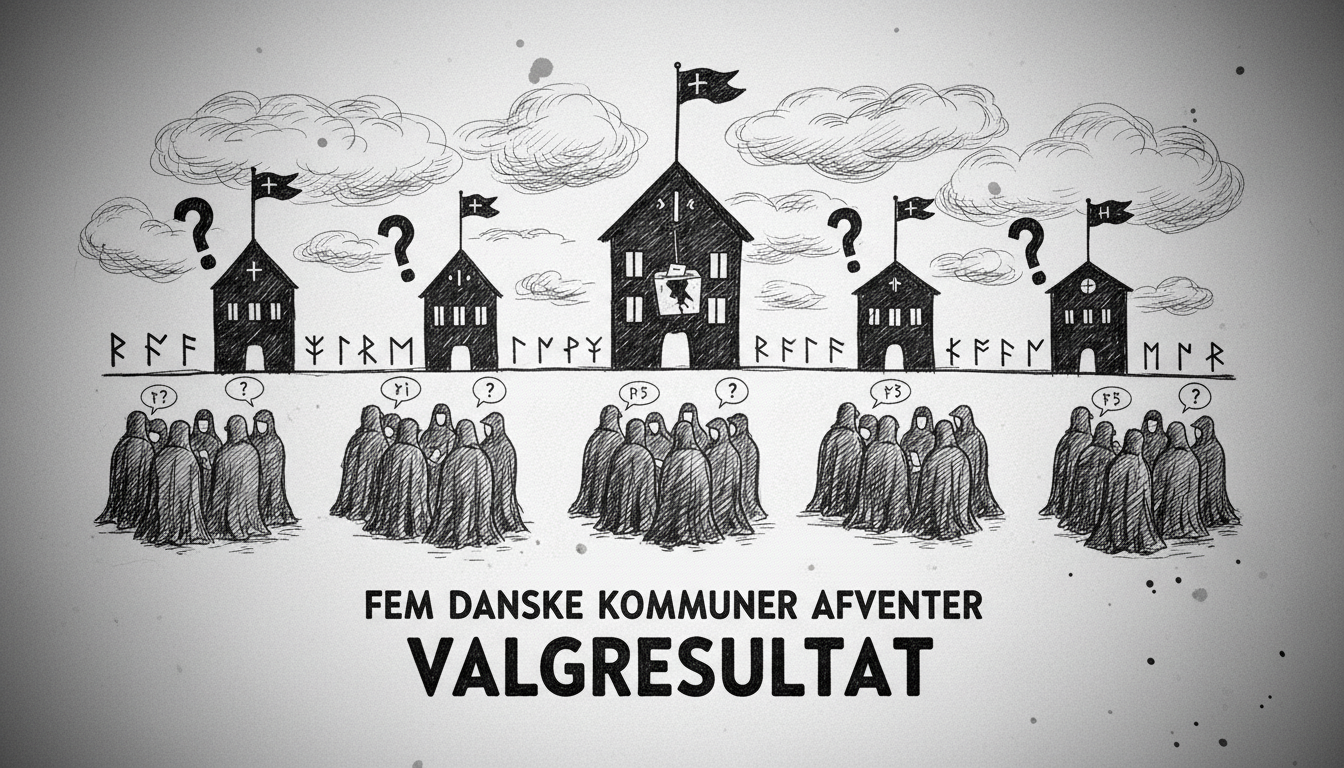Danish voters went to the polls in municipal elections, but the final outcomes remain uncertain in several key locations. While most municipalities confirmed their new leadership overnight, nine communities still await final results. The political drama continues to unfold in these areas where council negotiations have reached critical stages.
Local government elections in Denmark determine who leads 98 municipalities for the next four years. These elections impact everything from local school policies to elderly care services and infrastructure planning. The delayed results in these nine municipalities signal particularly tight races where no single party secured a clear majority.
Five specific locations have become focal points of ongoing political negotiations. Council members in these municipalities continue discussions to form workable coalitions. The process involves complex bargaining between multiple political parties. Each group seeks to advance their policy priorities while building consensus with potential governing partners.
One political observer described the situation as catastrophic for smooth governance transitions. The characterization reflects frustration with prolonged uncertainty in local administration. Municipal employees and residents alike await clarity about their future leadership direction.
Denmark's proportional representation system often requires coalition building at the municipal level. This political structure means parties must negotiate compromises to achieve governing majorities. The current delays demonstrate how challenging this process can become when political preferences diverge significantly.
International residents in Denmark should understand these local elections directly affect daily life services. Municipal governments manage schools, childcare, elderly care, and local cultural facilities. The election outcomes will shape how these services develop over the coming years.
What happens when municipalities cannot form stable coalitions? The existing leadership typically continues in a caretaker capacity. This arrangement maintains essential services but delays new policy initiatives. Extended negotiations can create administrative uncertainty that affects long-term planning.
The current situation highlights the decentralized nature of Danish governance. Municipal governments wield substantial authority over local matters. Their decisions impact residents' daily experiences with public services and community development.
These ongoing negotiations represent democracy in action at the most immediate level. The process may seem messy, but it reflects the complex reality of building consensus across diverse political viewpoints. The final outcomes will determine local leadership across these Danish communities for years to come.

